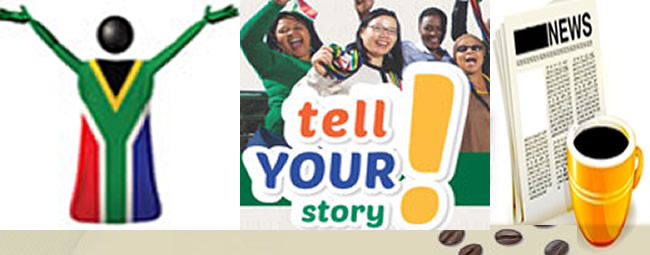Let us all work together to create a safe and supportive environment for our learners
As the first school term of 2026 begins, there is a deeper responsibility that cannot be overlooked which is to deal with the safety and well-being of our children. Children are our future leaders, and they must always be protected, whether on and off the school grounds, be it on drugs, human trafficking, teenage pregnancy or road safety.



